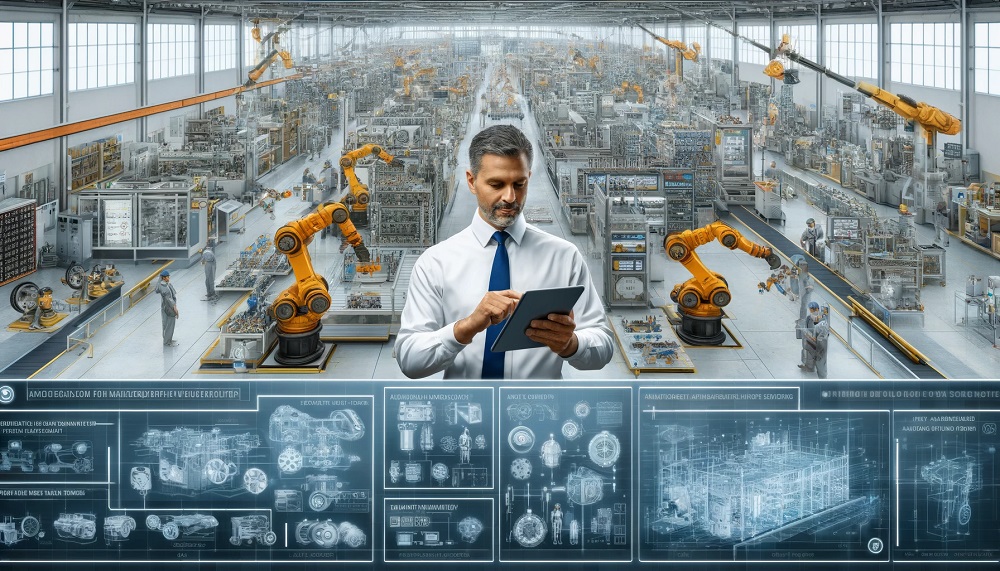Manufacturing automation is a pivotal advancement in the rapidly evolving landscape of industrial technology. This domain enhances efficiency, significantly reduces operational costs, and improves product quality. Understanding the different types of manufacturing automation and their specific benefits can empower businesses to make informed decisions that align with their production goals and market demands.
Fixed Automation: The Backbone of High-Volume Production
Fixed automation, or hard automation, refers to a setup where the equipment configuration fixes the sequence of operations. This type of automation is characterized by high initial investment but offers very high production rates. Commonly seen in mass production environments, such as automotive assembly lines, fixed automation systems are designed for long production runs of identical products with minimal variability.
- Precision and Speed: Fixed systems operate quickly with precise repetition, ensuring consistent product quality.
- Reduced Labor Costs: Once set up, these systems require minimal human intervention, significantly cutting labor costs.
- High Reliability: With fewer variables, fixed automation systems boast impressive reliability and lower error rates.
Programmable Automation: Adaptable and Scalable
Programmable automation allows for flexibility in operation sequences and product configuration through software control. This is particularly useful for batch production processes where the product design changes more frequently. Equipment like CNC machines and robotic arms are typical examples, programmed to perform different tasks without major downtime for setup changes.
- Flexibility: Easily reprogrammable settings allow manufacturers to switch between products without extensive downtime.
- Scalability: As production demands change, programmable automation systems can adapt quickly, making them ideal for industries experiencing shifts in product demand.
- Customization: Offers the ability to manufacture customized products in smaller batches, meeting specific customer requirements.
Flexible Automation: The Peak of Technological Integration
Flexible automation is the most advanced form, combining the features of fixed and programmable automation with the addition of automatic machine changeovers. This type enables the production of different products simultaneously on the same line with minimal human intervention.
- Versatility: Can handle multiple product types simultaneously, providing unparalleled production flexibility.
- Reduced Setup Time: Automatic changeovers drastically reduce setup times and increase overall throughput.
- Enhanced Productivity: Integrating advanced sensors and AI allows for continuous production optimization.
Cobots: Collaboration Between Human and Machine
Collaborative robots, or cobots, represent a significant shift in automation, designed to work alongside human operators. Unlike traditional robotic systems, cobots have advanced safety features and can perform various tasks, from assembly to more complex functions like electronics testing.
- Safety First: Equipped with sensors to avoid injuring their human counterparts, cobots ensure a safer workplace.
- Human Skill Augmentation: They enhance the capabilities of human workers, allowing for more intricate and labor-intensive tasks to be completed with ease.
- Cost-Effective: Cobots provide automation benefits without the hefty price tag of traditional robotic systems, making them accessible to smaller manufacturers.
The Strategic Impact of Manufacturing Automation
Implementing the right type of manufacturing automation can transform a manufacturing process, making it leaner, more adaptive, and more competitive in the global market. As industries continue to innovate, the role of automation will expand, becoming a cornerstone of modern manufacturing strategies.
In Conclusion
Understanding and leveraging the different types of manufacturing automation is crucial for any business aiming to enhance operational efficiencies and stay ahead of the technological curve. By embracing these automated solutions, manufacturers can achieve greater productivity, higher quality products, and a stronger competitive edge.




